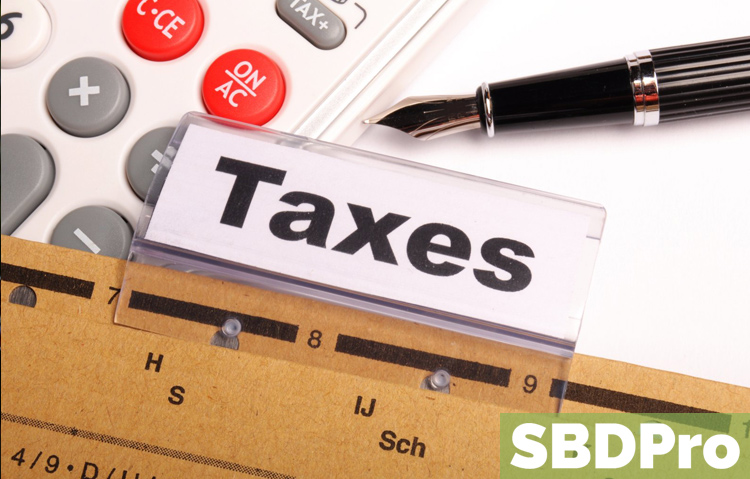It’s that time of year when the tax bill comes due and that adds 1 more layer of stress to the already hectic life of small business owners. Here are some tax tips for the self-employed, from short-term strategies to lower this year’s tax bill to longer-term goals with an eye toward future years.
Tip #1: Know your deductions
It’s obvious to say, but harder to do, especially if you’re not a tax expert and are trying to keep up with your business. There’s the basic deductions—everything you’ve paid in FICA tax, the costs of health insurance, entertaining clients, business mileage on your vehicle and what you invest in self-employed retirement funds like a SEP-IRA or Solo 401 (k).
There are also deductions that you can get creative with, while remaining firmly in the good graces of the IRS. For example, do your high school kids work for the business? Pay them well. Kids pay taxes at a lower rate, but you can still take the full deduction for their wages. It’s a great way to keep more money in the family.
A more subtle issue comes in knowing that not all deductions were created equal. A business deduction has more value than an itemized deduction. There were likely several items on your deduction list that are in a gray area and can be classified as either one. Make sure everything that you get as many as possible into the business deduction category.
Getting the maximum value from your deductions will likely require the work of a tax professional. If you’re an established business, you probably already have one in place. But if you’re just getting started and cash is tight, it can be tempting to skimp on tax prep. However, finding someone who knows what they’re doing pays off, not only in the time saved, but the actual money saved on your final tax bill.
Tip #2: It’s all about timing
The end of the year is a good chance to take some tactical steps that can improve your tax situation. If there are business expenditures you know have to happen, make them by December 31. Even if you pay by credit card, you can claim the deduction for the current calendar year.
The same goes for invoicing. If it’s possible, have your customers pay you after the first of the year. If they pay by check, wait until January 1 to cash them. Your gross income will be reduced as a result.
Tip #3: Consider automation
Tax prep doesn’t have to be a disorganized mess with missed opportunities left on the table. Self-employed people, particularly contractors running a one-person show, can benefit from software that’s directly synched with your bank accounts. The relevant tax information will be compiled in an automated way. It’s done much more efficiently—and much more accurately.
Tip #4: Evaluate your business structure
A start-up might be set up as a sole proprietorship or a partnership. It’s less paperwork and when a small shop is just getting started, it’s sufficient. But as you generate more and more revenue, there are tax benefits that come with various corporate structures, from S-Corps to LLCs and more.
Reviewing options with a qualified tax professional on an annual basis is a good idea, particularly in the first few years of a business when things are often more fluid.

